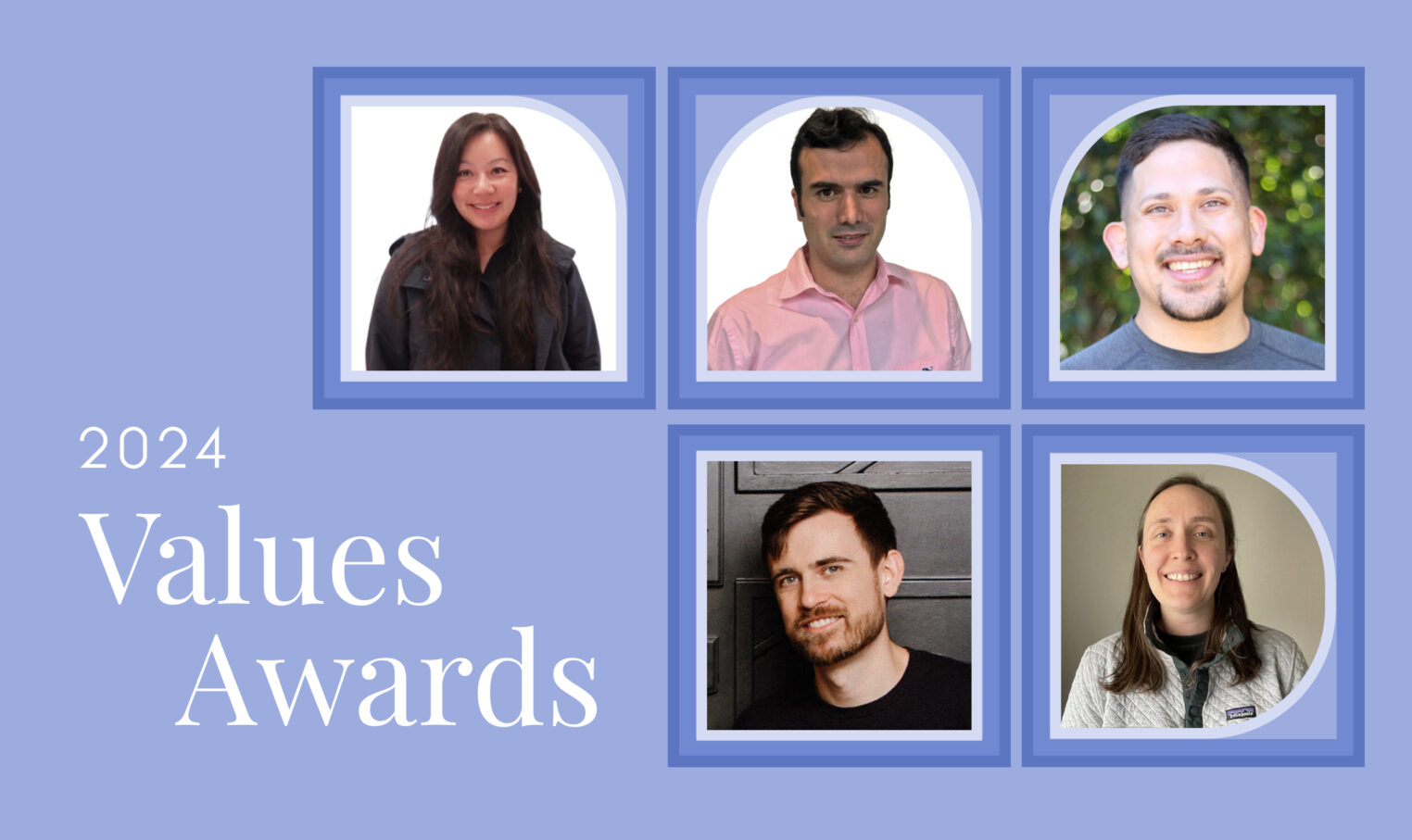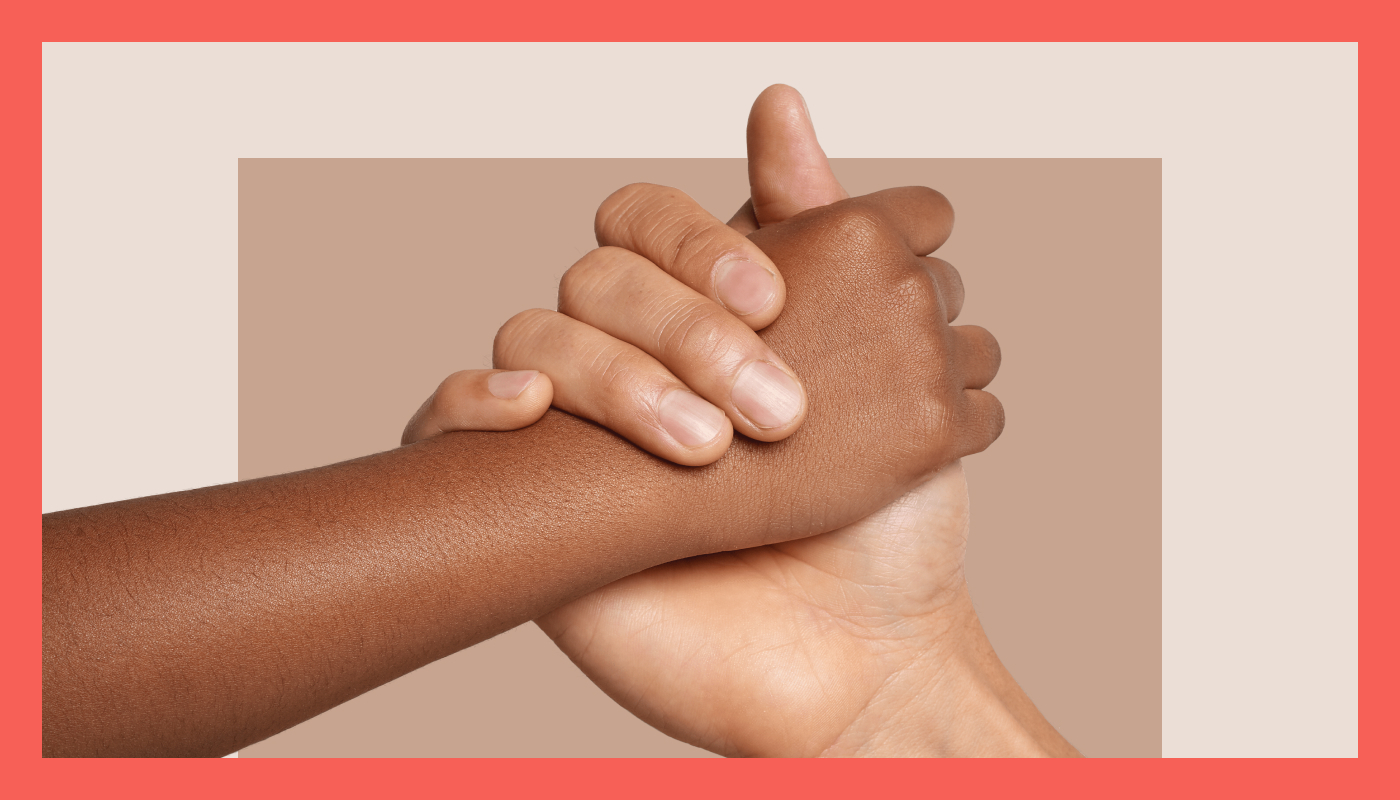Meet the Collective is our series highlighting the great people who make up Collective Health. Today, we’re sitting down with Max Mancini, Chief Technology Officer.
Where are you from?
Born in San Francisco and raised in San Jose, I am a Bay Area native. When I was in the military I spent some time away in places like Monterey, Panama, and Arizona.
What happened in your career that led you to Collective Health?
I love that my profession allows me to apply technology to solve important problems. Like everyone, I have had my own challenges with accessing healthcare without roadblocks or frustration. But, it just proved to me further that healthcare is one of those areas that is in dire need of strong technology to create a better experience and certainly a more transparent one. Leveraging technology is what enables big change — going through the interview process that’s what was interesting about Collective Health — the opportunity for big change.
What excites you most about where Collective Health is going?
Collective Health empowers employers to create a far better healthcare experience. The work done by Collective Health has created an incredible opportunity to help people have a better understanding of how to navigate, manage, and access their healthcare. Before Collective Health, you had to guess, or rely on the provider, or your insurance company to direct you and, in general, that needed to be a more human experience. It’s incredible how far this team has already come in just a short time. We will continue to use data to help people better understand their options — both from an employer perspective and as an individual. There has been a pretty fundamental shift in how people provide services to employees whether driven by cost, societal expectations, or driven by corporate culture — Collective Health has aptly positioned itself perfectly to serve this need.
Was there a single thing about Collective Health that attracted you?
Well the mission is attractive as well as the passion that Ali, Rajaie and the entire team bring to the table. Culture and values of the organization were very important in making my decision on where to work and those interactions all seemed very strong throughout the interview process. I was particularly drawn to the company’s commitment to solving hard problems and engaging with empathy. These are both themes that have carried throughout my career and my education. I knew a company that had verbalized these commitments and cultural aspirations would be a good fit for me.
Did you think you’d ever be working in healthcare?
I actually previously interviewed to be CEO of a very early stage health tech company — that company was more in the testing space though. But yes, I’ve always known I wanted to eventually be in this space because there’s massive room for improvement. Particularly now that we are amidst a global pandemic — there’s a more prevalent need for not just a healthcare solution but a solution that can scale. Technology brings scale to healthcare where there has traditionally been lag and friction. Seeing how the company thinks about these types of challenges, and responds, with innovation like the build and launch of Collective Go™, it was further reinforced to me that this was the kind of organization I wanted to work for — pushing the boundaries of the status quo in a creative and forward-thinking way.
What’s one of the most important lessons you’ve learned in your career?
Being willing to to share and communicate what’s important to you. You can’t assume that people will figure out what you think is important or what you need unless you’ve expressed it in an effective way. And I think it’s important to have candid discussions that provide a path forward. Having those conversations, offering up new ideas or approaches, and being effective in presenting it in a way that makes sense will always better serve you.
What’s your favorite thing to do when you’re not at work?
My wife and I like to go wine tasting. I’m actually a winemaker and have a small commercial winery up in Napa that I’ll be moving down to Morgan Hill soon. I also very much enjoy cooking at home. These are both activities that allow me to unwind when I’m not in my usual work setting. Growing up in the Jesuit education system, I have always understood and appreciated the importance of being well rounded. This has always pushed me to pursue new hobbies and try new things.
As a kid, what did you want to be when you grew up? How does that inform what you do today?
Funny enough, I actually wanted to be a software engineer. I started programming in the fourth grade. My parents had a deli in the local mall so I spent a lot of time there. I would wander around and often frequent a RadioShack, where I would pop in and program their display computers. I thought it was fun, as nerdy as that sounds.
Is there something you’re passionate about that carried through?
I’ve always been fascinated by how systems work together, systems architecture at scale, and how they interact, etc. The proliferation of cloud services like AWS or Google Cloud has allowed us to not only build amazing things quickly, but then reach millions of people impacting the way we live, work, and play in the world. To have an impact like that is so inspiring and pushes me everyday.
How would you say technology can work better in healthcare?
Bottom line is, healthcare needs a better UX. Healthcare needs to be better than just cool technology — it has to demonstrate the value that the end user is interacting with and understand what that value means for the company and the individual — for example, what Collective Health is already doing to help provide easier navigation, which then leads to better access to care needs, and ultimately more positive health outcomes and a stronger workforce. This kind of work, that has an impact on people’s lives, is truly valuable. We should always factor in our ability to surprise and delight the customer, as being intentional about the little nuances can go a long way when it comes to serving a customer.
What’s your favorite quote?
“Sunlight is the best disinfectant” — Because I believe the best way to identify and solve problems is to make sure they are visible to everyone. This gives you a chance to collectively come up with a plan to resolve it in the best way possible.
Hidden talents or lack of talents?
Well I’m a terrible dancer and singer for starters but in general I really enjoy trying lots of different things. I have a pilot’s license, I enjoy sailing, certainly enjoy wine making, and I’m an avid cyclist. But next, I think I will pursue painting.
What made you decide to join the military?
It was actually back when I was at Bellarmine, there was a service organization I was interested in joining but they told me I needed to work on my leadership skills. And honestly, I really appreciated that. I always appreciate direct, honest, and actionable feedback. So, I participated in ROTC during college and then ultimately joined the military as an officer, eventually going into active duty after that. I feel like these experiences made me not just a stronger individual contributor but a better team player. I also learned how to create cohesion among teams as well as motivate individuals to perform at their very best through my time in the military.



